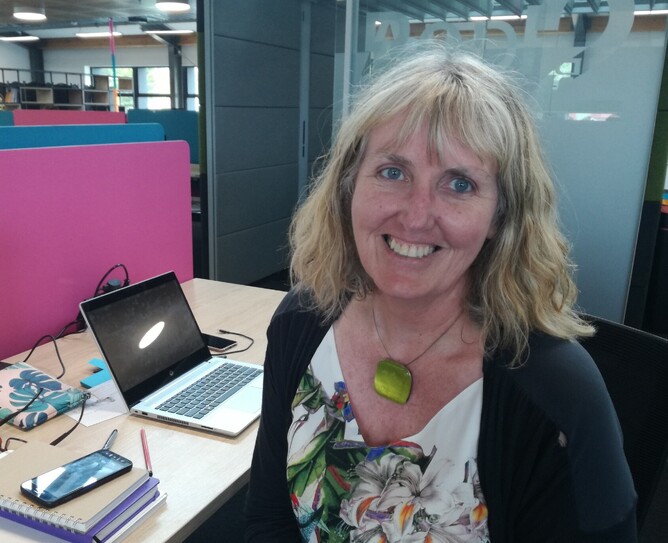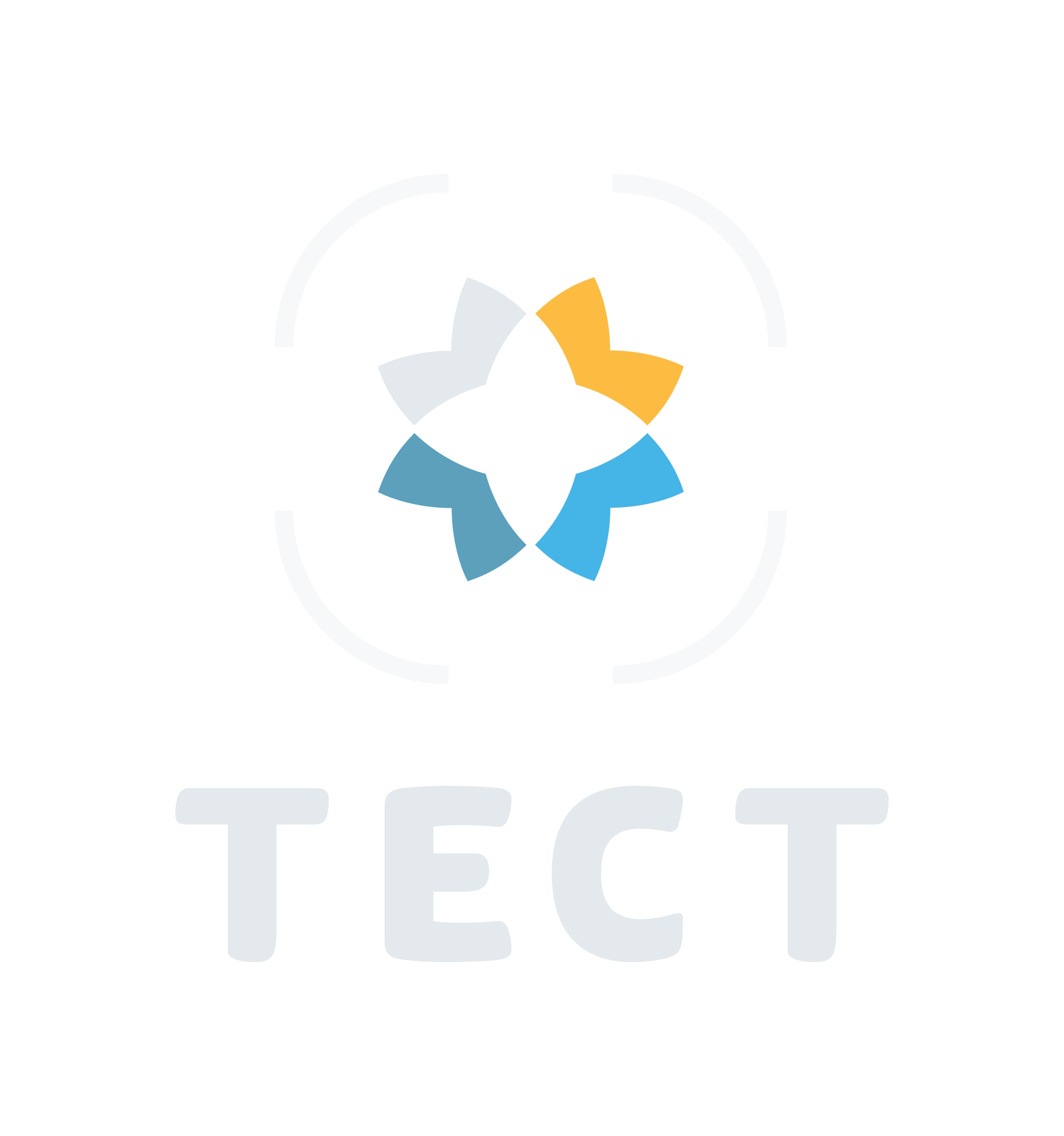Data. It can make eyes glaze over, mouths yawn, and minds go into a spin.
But a new initiative is helping the social sector realise just how powerful a tool it can be in opening up a world of insight and opportunities.
The Community Insights Lab (CIL) has been developed by SociaLink over the past year, aiming to help community groups build the confidence and skills they need to make the most of the data available to them.
SociaLink is the umbrella organisation supporting the social and community sector in the Western Bay of Plenty.
The pilot has been running for the last 18 months, establishing processes and relationships and building the business case for a longer-term rollout. A number of pilot data projects with community groups have been run over that time, and now the model for how the CIL will deliver services has been established.
First, community groups will be taken through an assessment, identifying the key indicators that measure achievement of outcomes, for example, increasing food security, and reviewing how they currently collect, store, and process information.
Next, based on those key indicators, the CIL creates interactive dashboards for the community group that give real-time, easy to digest data insights. Whether it be the average days clients are in a service, or what clients’ age and ethnicity are, all the data is visual and provides the key statistics needed to gain a clearer picture of how services are going.
Liz Flaherty, Community Insights Laboratory Manager at SociaLink, says the dashboards make data more accessible.
“The dashboards help community groups make decisions based on the information they are already collecting. A data dashboard is useful as it makes the info more accessible, allowing staff to filter the information they want to see based on different programmes they offer, demographics or timeframes.
“Community groups can look at how they are going in terms of how many people are engaging from different ethnic groups and recognise if they are not meeting their needs. It gives a whole lot more insight than looking at multiple Excel tabs with data organised in quite complex ways, which staff might not have the skills to do.
“We have two contracted data analysts on board who provide the technical support for the project, and their input has been invaluable. CIL provides the bridge – allowing community groups access to data services they probably wouldn’t otherwise be able to afford and maybe didn’t have the technical knowledge or language to be able to access.”
In addition, the CIL provides community groups a variety of training modules, including workshops on Excel, visual analytics, how to use data, data protection, and building data capabilities.
The CIL is also working to make big data available and more accessible to the social sector by creating another set of dashboards based on public data from government agencies, such as Statistics New Zealand. These dashboards will provide Western Bay of Plenty data about trends in issues such as housing, poverty and family violence – social issues impacting family and community wellbeing.
The CIL pilot has worked with 15 community groups in our region and engaged with over 50 local, regional and national organisations that collate or hold social data.
The CIL hopes to launch a full rollout and reach many more local community groups later this year if further funding is secured.
Liz says there is a lot of data, and opportunities to use it, in the social sector.
“When I first came into this process, someone said the social sector is really data-poor, but that is absolutely not the case. We are really information-rich – community groups are collecting all sorts of valuable information every day.
“But there’s a huge gap in that people often struggle to draw insights from the information sitting in front of them. If we can build data literacy, organisations will be better informed and able to deliver more effective services.”
Tautoko Mai Sexual Harm Support is one of the social service agencies that has been part of the CIL pilot. After rapidly growing over the past five years, its data systems were no longer fit for purpose.
After engaging with the Community Insights Lab, a data dashboard was created, and staff were able to attend Excel training sessions.
Julie Sach, Tautoko Mai Societal Change and Quality Assurance Leader, says they are excited about the possibilities that this project will offer the agency.
“We believe it will make our reporting simpler and more efficient, as well as giving us data in a more usable and clear format. This will enable us to make better decisions around resources and management of caseloads and workloads. That, in turn, will help us become a more professional and accountable organisation.”
Liz says the next step for the Community Insights Lab is to help the social sector gain a bigger picture view of community issues with collaborative data sharing.
“A few years ago, there was controversy about data sharing. MSD was trying to require community organisations to hand over identifiable client information as part of their contracts, and the reply was ‘no way’ - there were huge ethical concerns about how it would be used. That has left the sector with a hesitation about data sharing.”
“We have to build confidence and trust with organisations, and get them confident with their own data, to then see the possibilities for data sharing across local NFP agencies related to social issues such as homelessness or food poverty. While there is government data around these issues, there is lots of potential for safe sharing of anonymised, non-personal data collected by groups. It will enable us to get a better ground-up community perspective of key issues.”
The project pilot has been solely funded by TECT, with $150,000 granted out of the trust’s Catalyst for Change fund over the last two years.
Liz says the Community Insights Lab wouldn’t have gotten off the ground without TECT’s vision and funding.
“People don’t like spending money on the backend stuff, which data is. It’s just not a top priority for most community organisations – they are focused on the person sitting in front of them they’re delivering a service to.
“But TECT’s funding has enabled us to do some of that background work that will make a significant difference in terms of how the social sector operates within our local community.
“Whether it’s knowing that their services are reaching the populations that they want to, or seeing additional needs in their community because of the bigger data that is available in relation to that, it’s helping community groups be more effective and efficient.”
To learn more about the Community Insights Lab, visit https://socialink.org.nz/community-insights-lab/.




